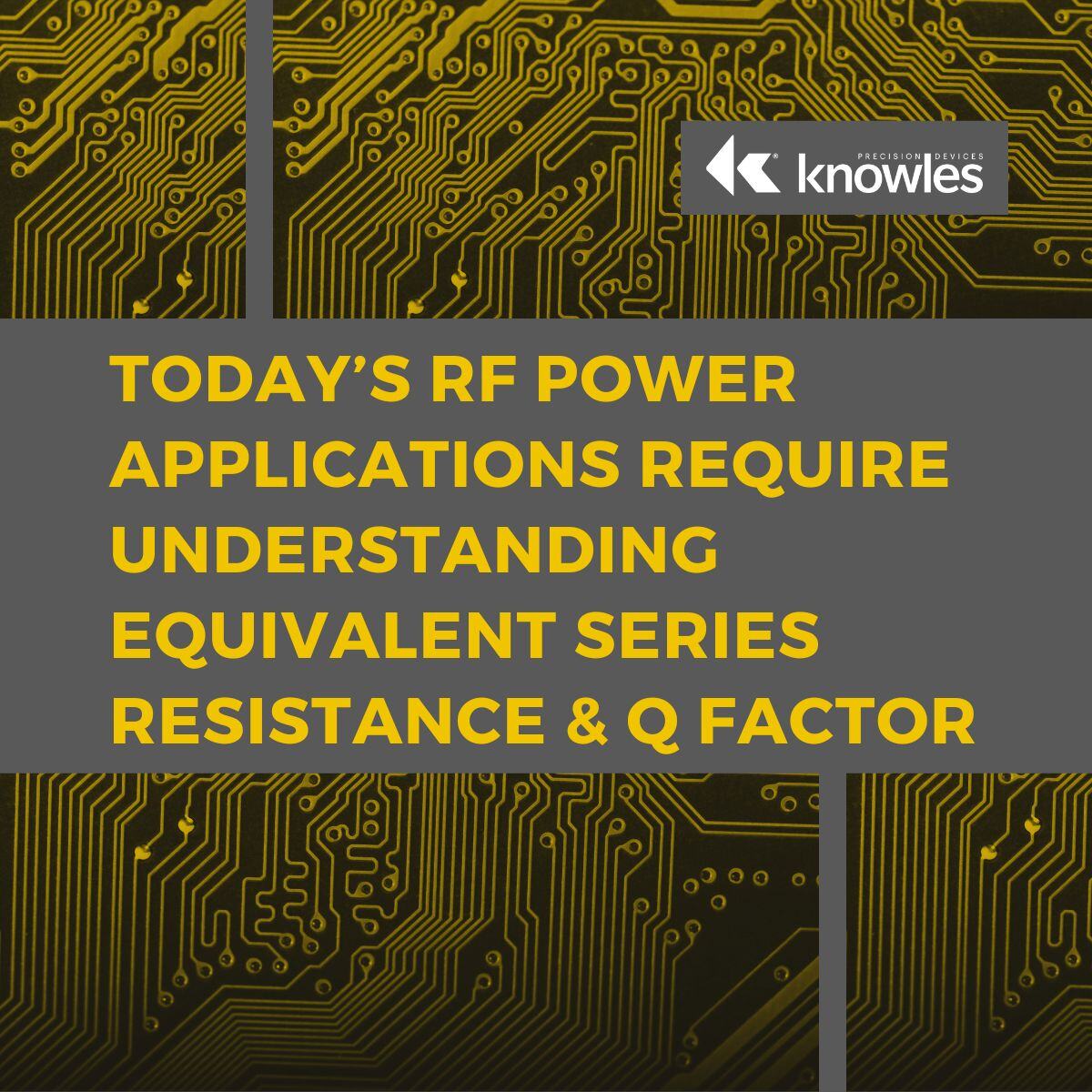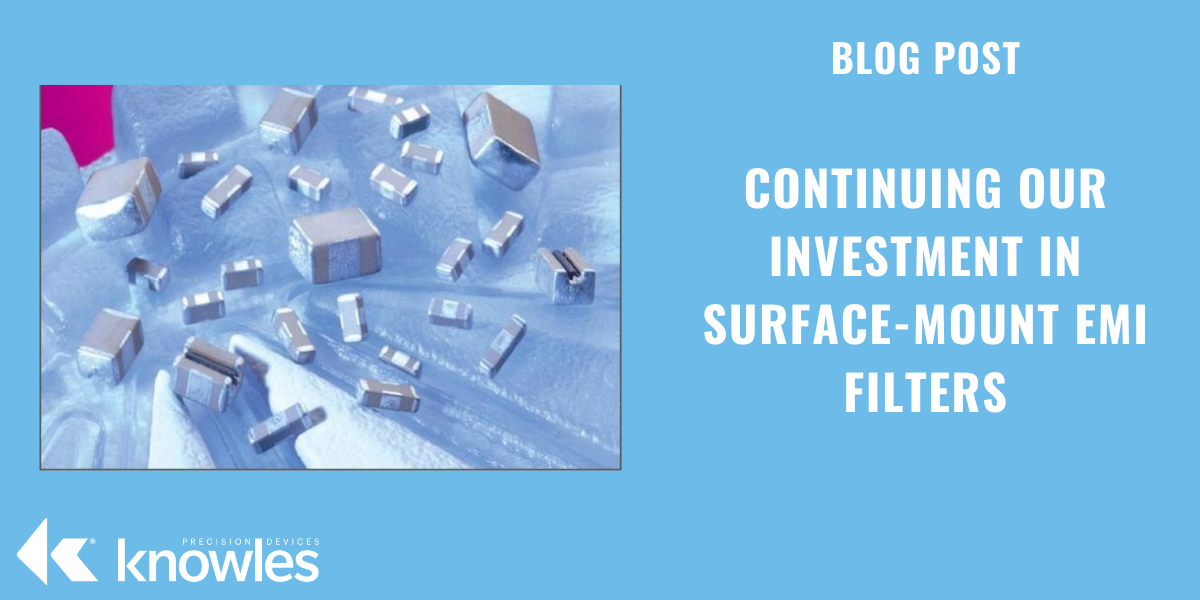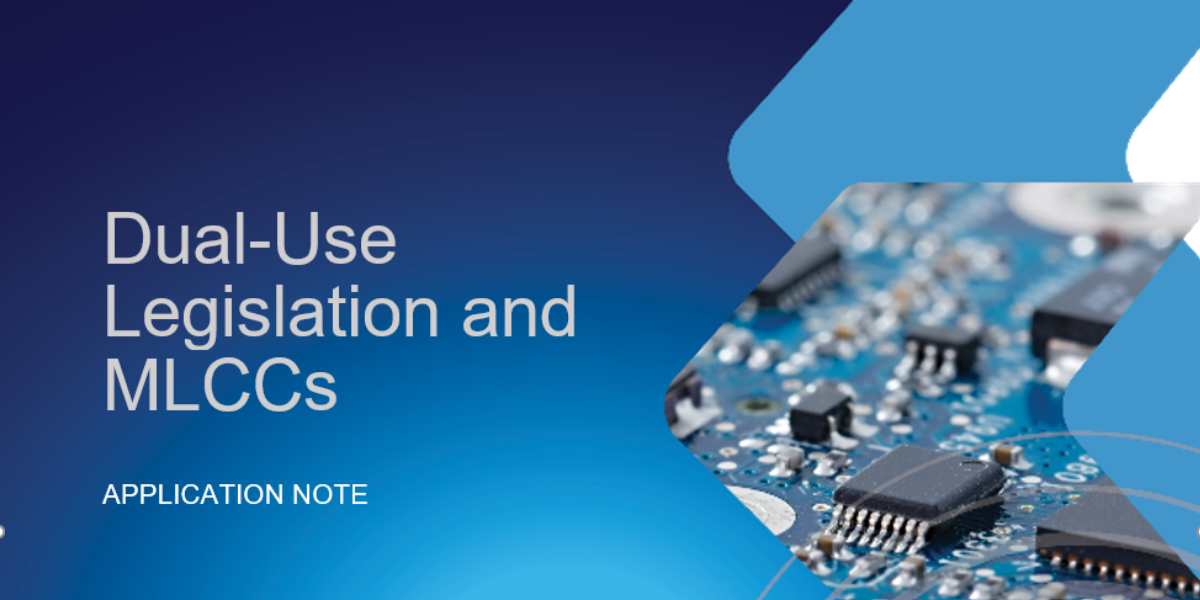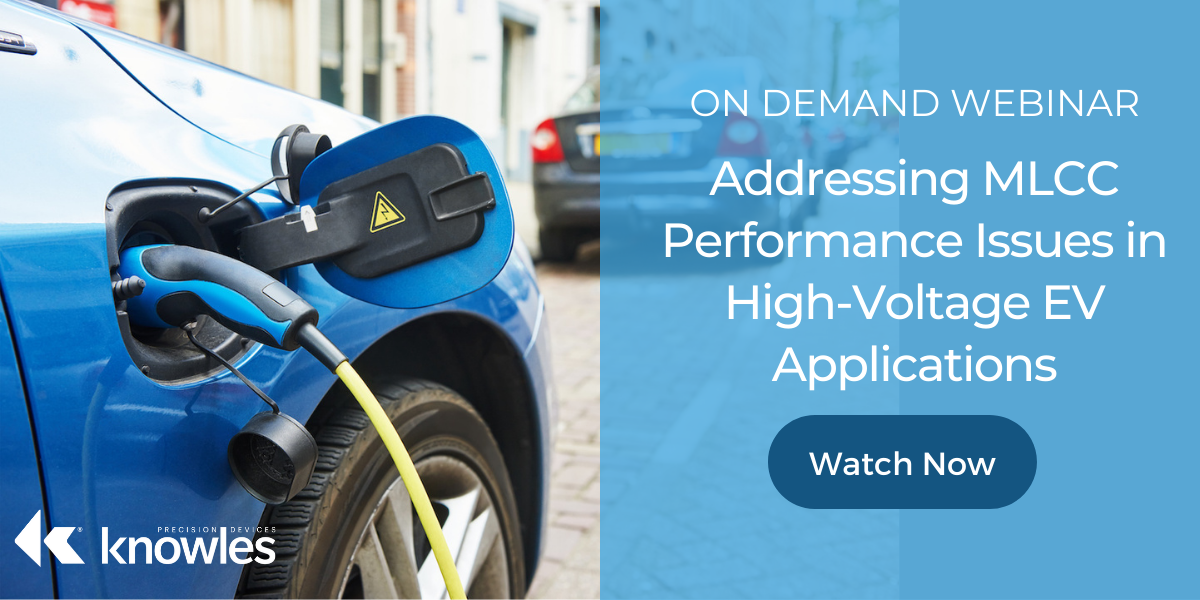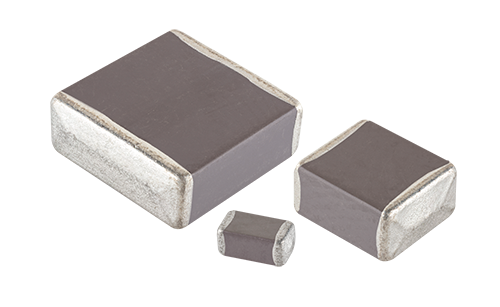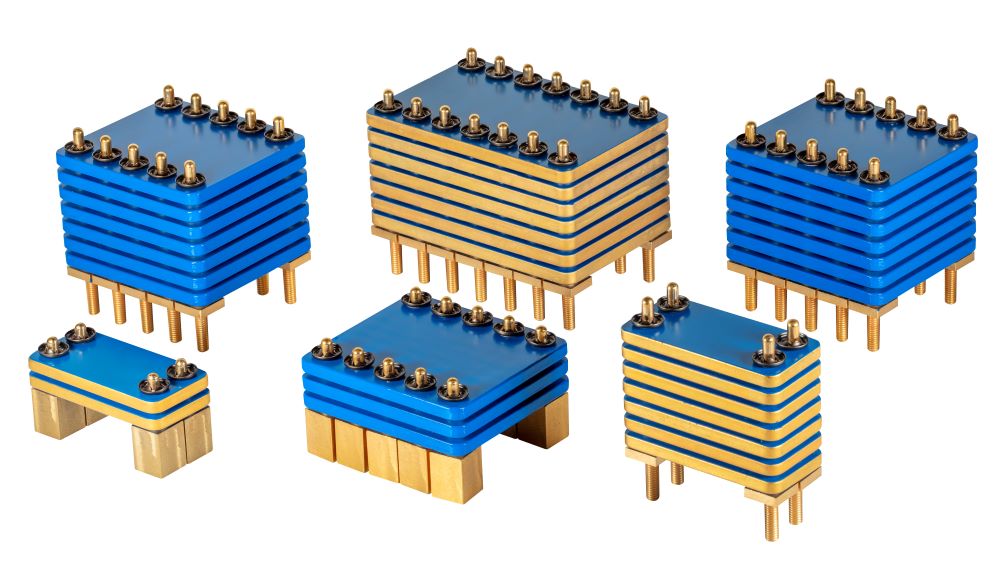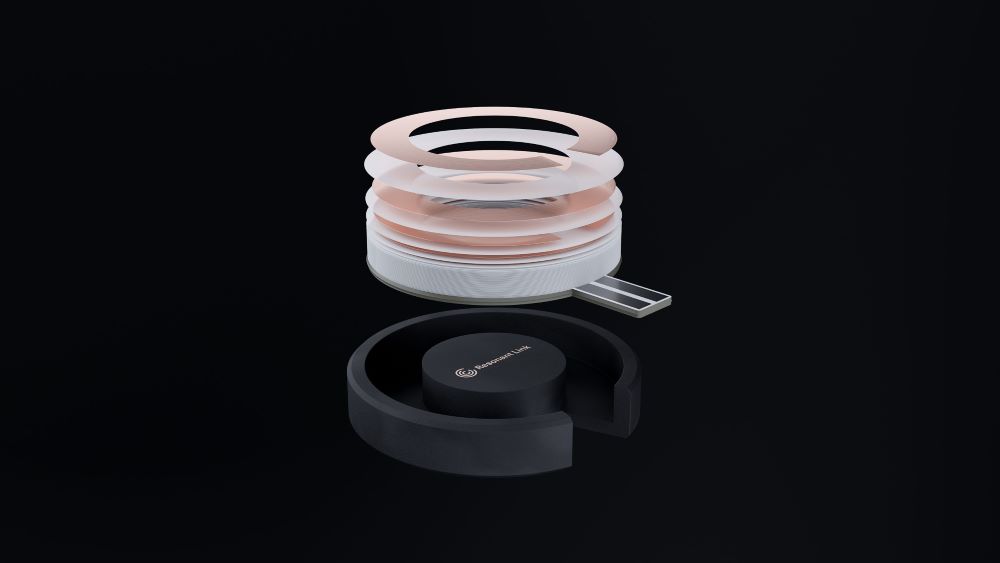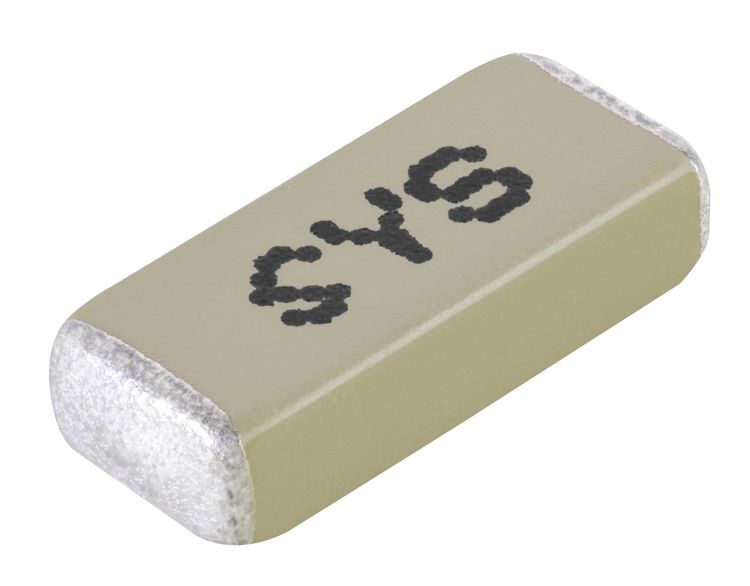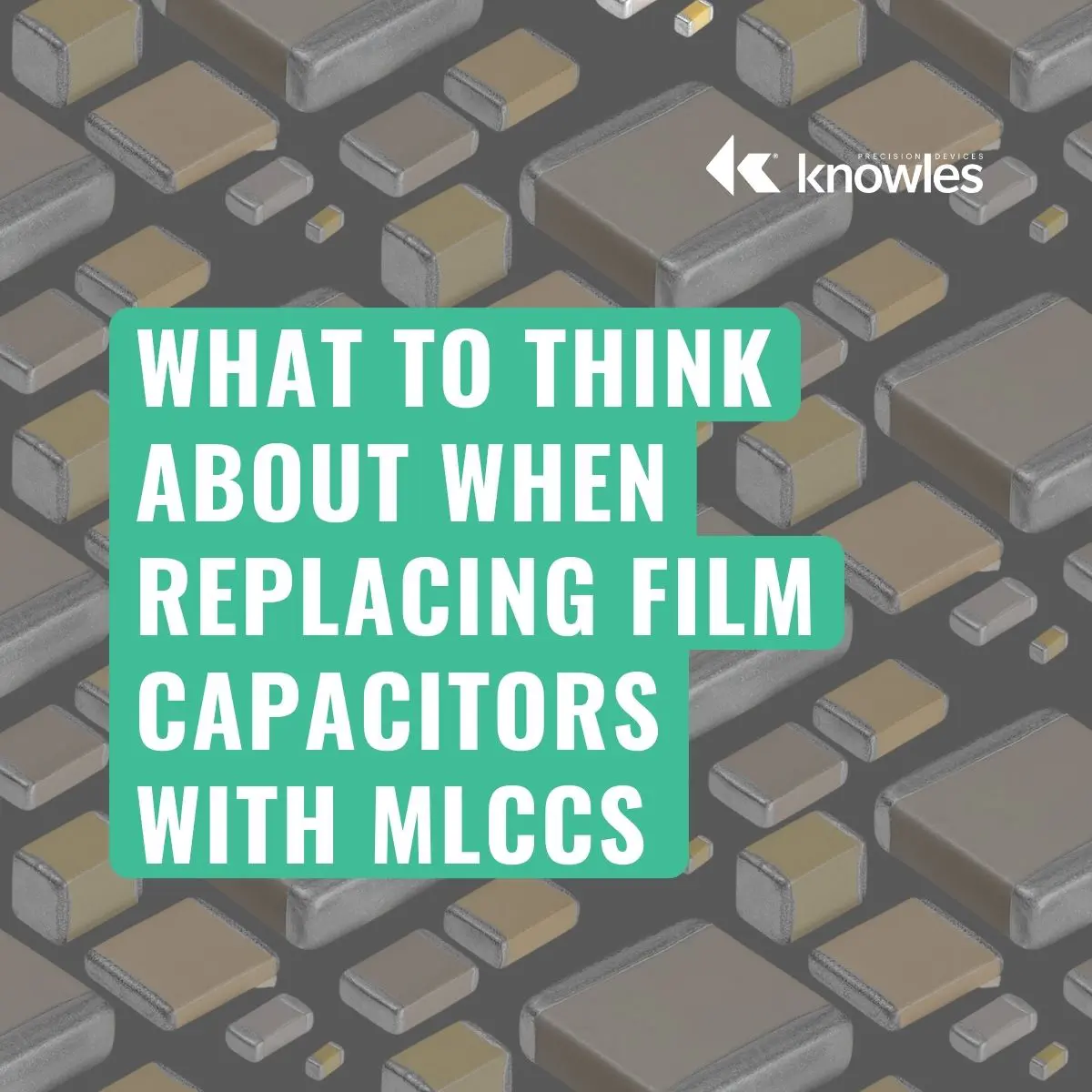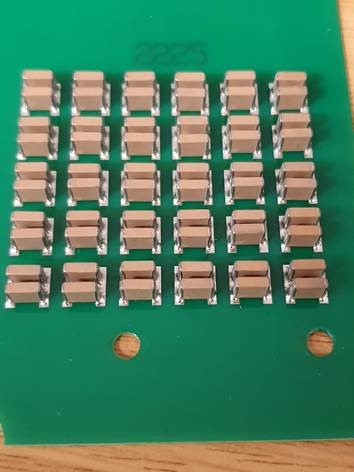As a fundamental component of circuit design, equivalent series resistance (ESR) is the measurement of all the non-ideal electrical resistances in series with a capacitor. When current flows through a multilayer ceramic capacitor (MLCC) due to application of alternating voltage, heat is generated in the MLCC due to the losses, specifically ESR. As a result, this self-heating can cause various performance and reliability issues in the circuits of today’s more complex and smaller electronic systems.
Steve Hopwood
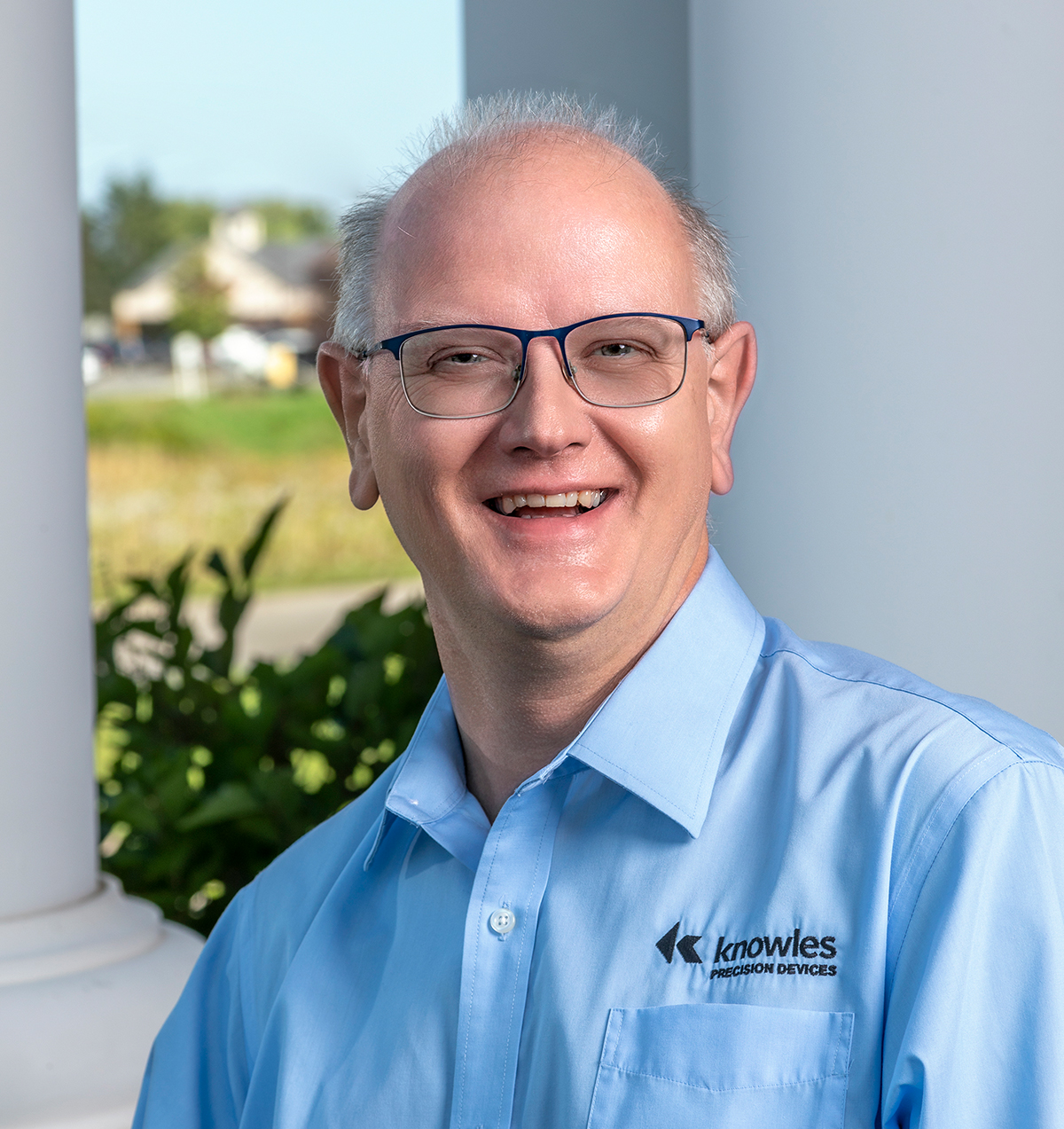
Recent Posts
Today’s RF Power Applications Require Understanding Equivalent Series Resistance & Q Factor
Topics: Capacitor, Automotive, Electric Vehicles
Continuing Our Investment in Surface-Mount EMI Filters
Since a lot of electronic component manufacturers are now focusing production efforts on high-volume commodity applications, as their specialty component production equipment ages, many companies are electing to divest in this type of production. One component that we’ve seen fall into this category in recent years is the surface-mount electromagnetic interference (EMI) filter. These three-terminal chips use conventional multilayer ceramic capacitor (MLCC) manufacturing techniques to form a filter that has a short circuit end-to-end and has a capacitance between the end terminals and the side (ground) terminals.
Topics: Filtering
Are You at Risk of Violating International Dual-Use Export Laws?
Today, many electrical systems are demanding higher operating voltages and temperatures, along with higher capacitance values – particularly in the fast-growing area of power electronics for electric vehicles (EVs). Therefore, electrical design engineers are looking to use multilayer ceramic capacitors (MLCCs) in these applications due to their inherent low inductance and wide operating temperature range.
Topics: Capacitor, Electric Vehicles
Webinar: Addressing MLCC Performance Issues in High-Voltage EV Applications
In recent years, multilayer ceramic capacitors (MLCCs) have emerged as an excellent capacitor option for the high-power electrical systems needed in electric vehicle (EVs) due to their small physical size, low inductance, and ability to operate at higher temperatures. However, EV engineers are facing two big challenges with using MLCCs including DC bias that can cause capacitance loses of 80 to 90 percent of their quoted value and self-heating issues from AC ripple that can lead to inefficiencies in circuits as well as increased cooling demands.
Topics: Capacitor, News and Events, Electric Vehicles
New Low Loss, Ultra Stable High-Capacitance MLCCs for Power Electronics
Many power electronics today are being designed for use in high-temperature, high-voltage environments, such as inside electric vehicles (EVs). However, size, weight, and power (SWaP) are also key factors driving electronic product development. These conflicting design criteria are an issue for many electrical engineers because space is not available to simply add a cooling system, as this will add weight and increase the product’s overall footprint. Therefore, many of these electronic components are susceptible to “running hot” at the high temperatures and high voltages used in these tiny spaces.
Topics: Capacitor, Electric Vehicles, High Reliability
Achieving high capacitance means going big. But how do you do that while still maximizing board space? At Knowles Precision Devices, we’ve developed a new method for building customizable large capacitor assemblies that capitalize on the vertical space above the circuit board. While stacked capacitor assemblies have been around for many years, these parts do not have very good bump and vibration withstand due to the thin leads used in their construction. These new assemblies from Knowles Precision Devices offer a ruggedized construction capable of withstanding high levels of shock and vibration. This offers a unique combination of capability, durability, high capacitance, and very high voltage in a smaller area, making these capacitors ideal for automotive, military, and aerospace applications.
Topics: Capacitor, Automotive, Military and Aerospace, Electric Vehicles, High Reliability
Solving Tough Technical Challenges Through Agility and Experience
At Knowles Precision Devices, we thrive on working with companies who want to take technically challenging ideas and work through the details to figure out how to turn their seemingly impossible ideas into reality. This is because we are not limited to volume production and have extensive experience making specialty and custom parts. We are also familiar with the challenges associated with delivering high-reliability components as we supply many industries and applications that depend on the consistent functionality of custom-shaped parts. For example, we provide numerous space grade components and we are the only manufacturer who has developed planar array ceramic parts for the International Space Station.
Topics: Capacitor, Medical, High Reliability
Meet Safety Requirements at Higher Voltages with New Safety-Certified MLCCs
With our new expanded range of enhanced safety-certified multilayer ceramic capacitors (MLCCs), Knowles Precision Devices now offers a unique combination of capability and safety certification for electronic device applications. These new surface-mount MLCCs comply with international UL60384-14 and EN60384-14 specifications and can be used instead of leaded film capacitors in AC-DC power supplies where a lightning strike or other voltage transients represent a threat to the electronic equipment.
Topics: Capacitor, High Reliability
What to Think About When Replacing Film Capacitors with MLCCs
Today, the design and development of many applications, such as power electronics in electric vehicles (EVs), is driven largely by concerns about size and weight. This means the film capacitors traditionally used by electronics engineers aren’t always the best option. Instead, multi-layer ceramic capacitors (MLCCs) are emerging as an excellent alternative to film capacitors. Let’s review some of the considerations to keep in mind when you are deciding if making the switch is the right choice for your application.
Topics: Capacitor, Automotive, Electric Vehicles
Tips From the Lab: Vertical Mount MLCC’s to Save Board Space and Achieve High Capacitance Values
As many industries, including RF and automotive, need to incorporate more features in less space, engineers are constantly looking for ways to do more in a smaller footprint. For example, there is often demand for more multi-layer ceramic capacitors (MLCCs) to achieve higher capacitance values while at the same time increasingly limited space is available. Thus, continuing to simply add capacitors inside an application to achieve a higher capacitance value is not a viable option.
Topics: Capacitor

